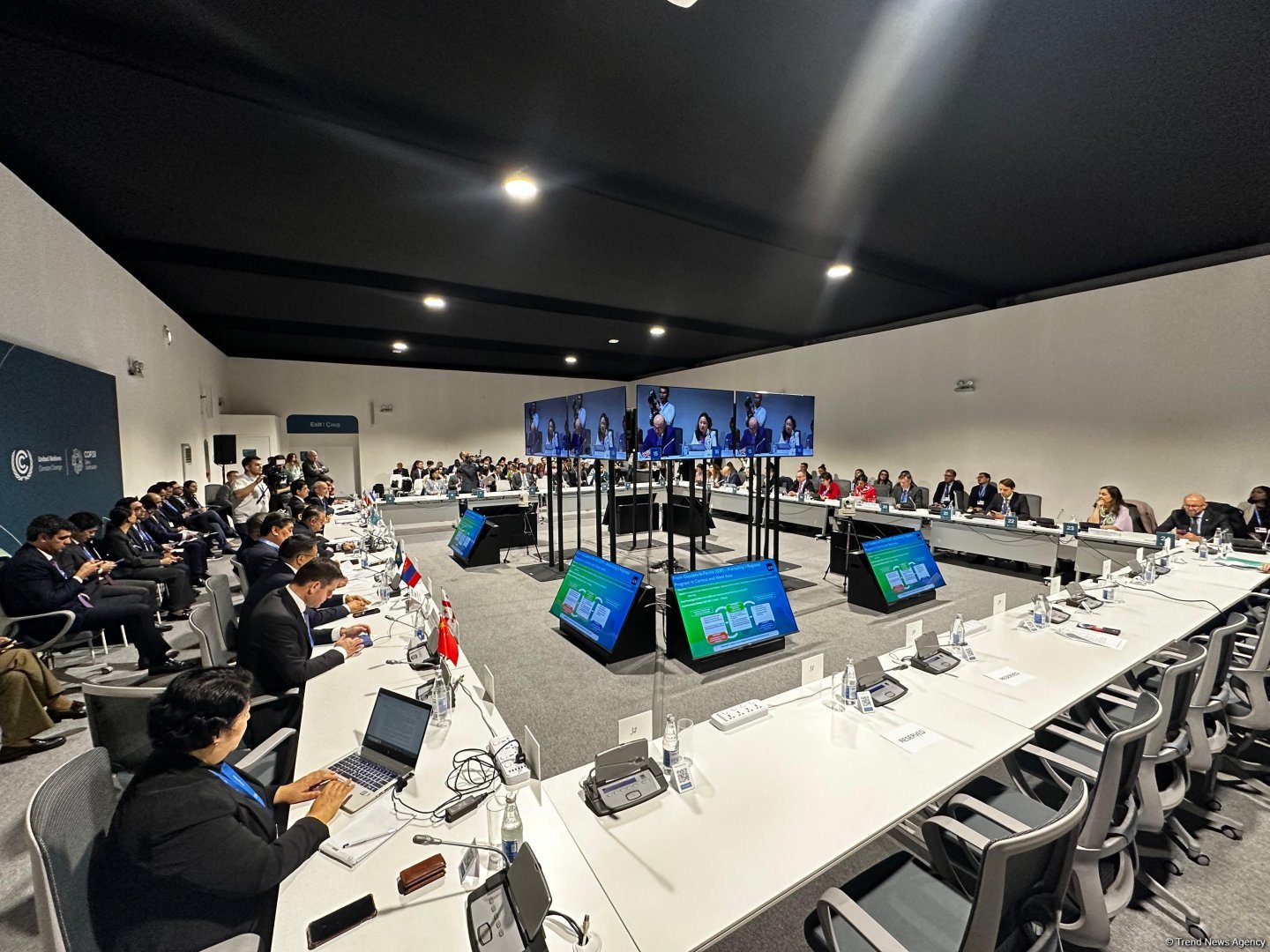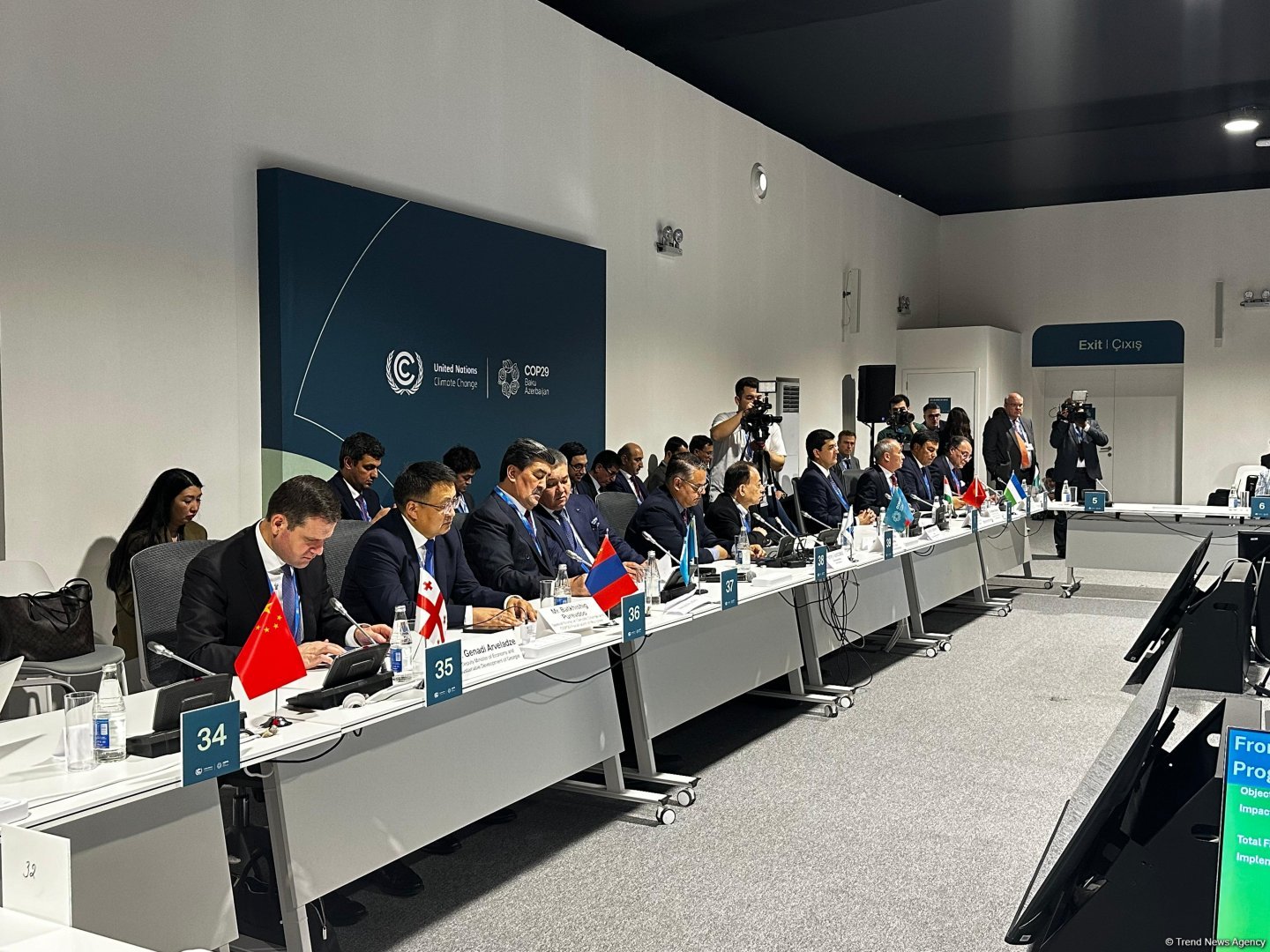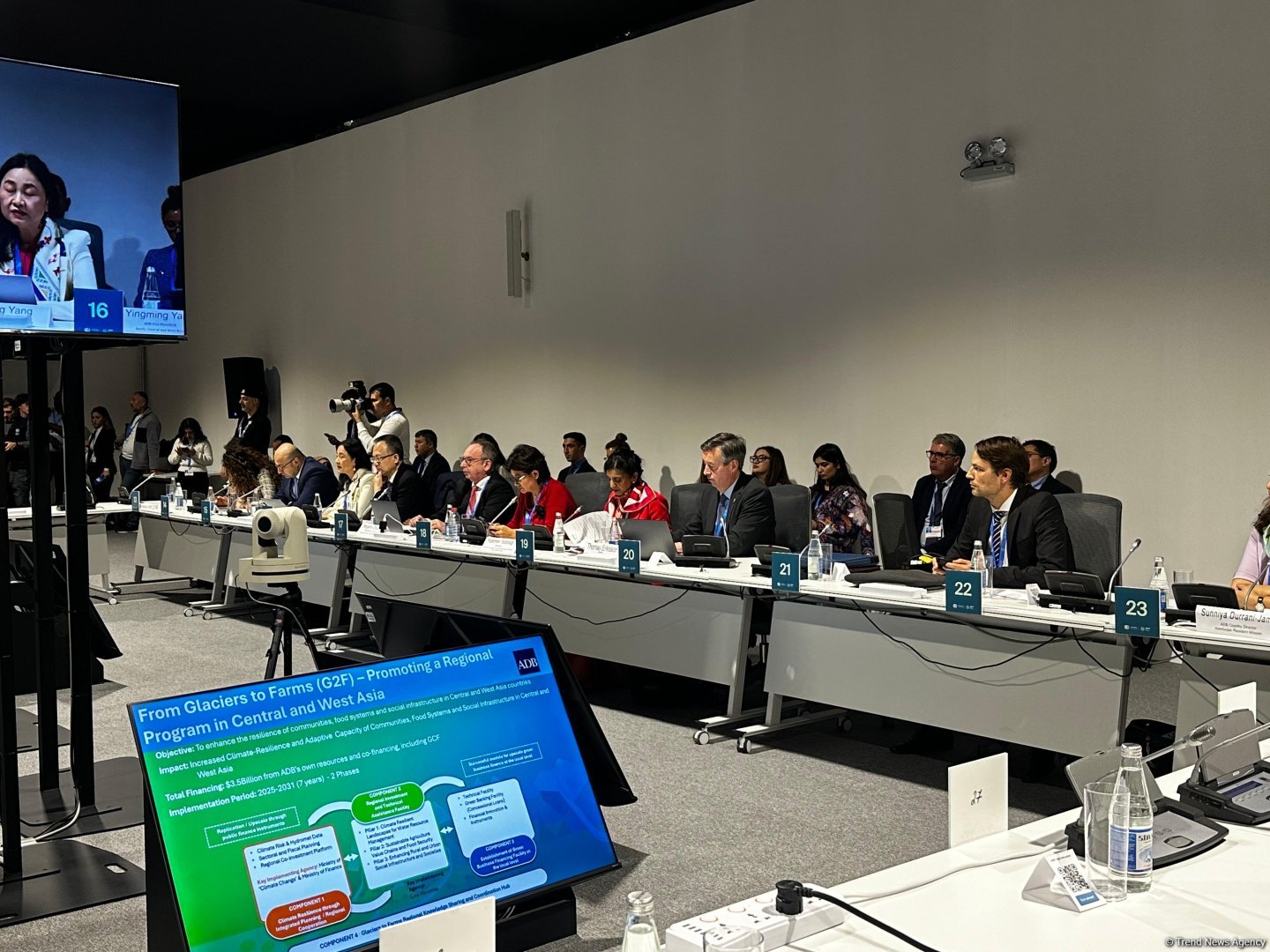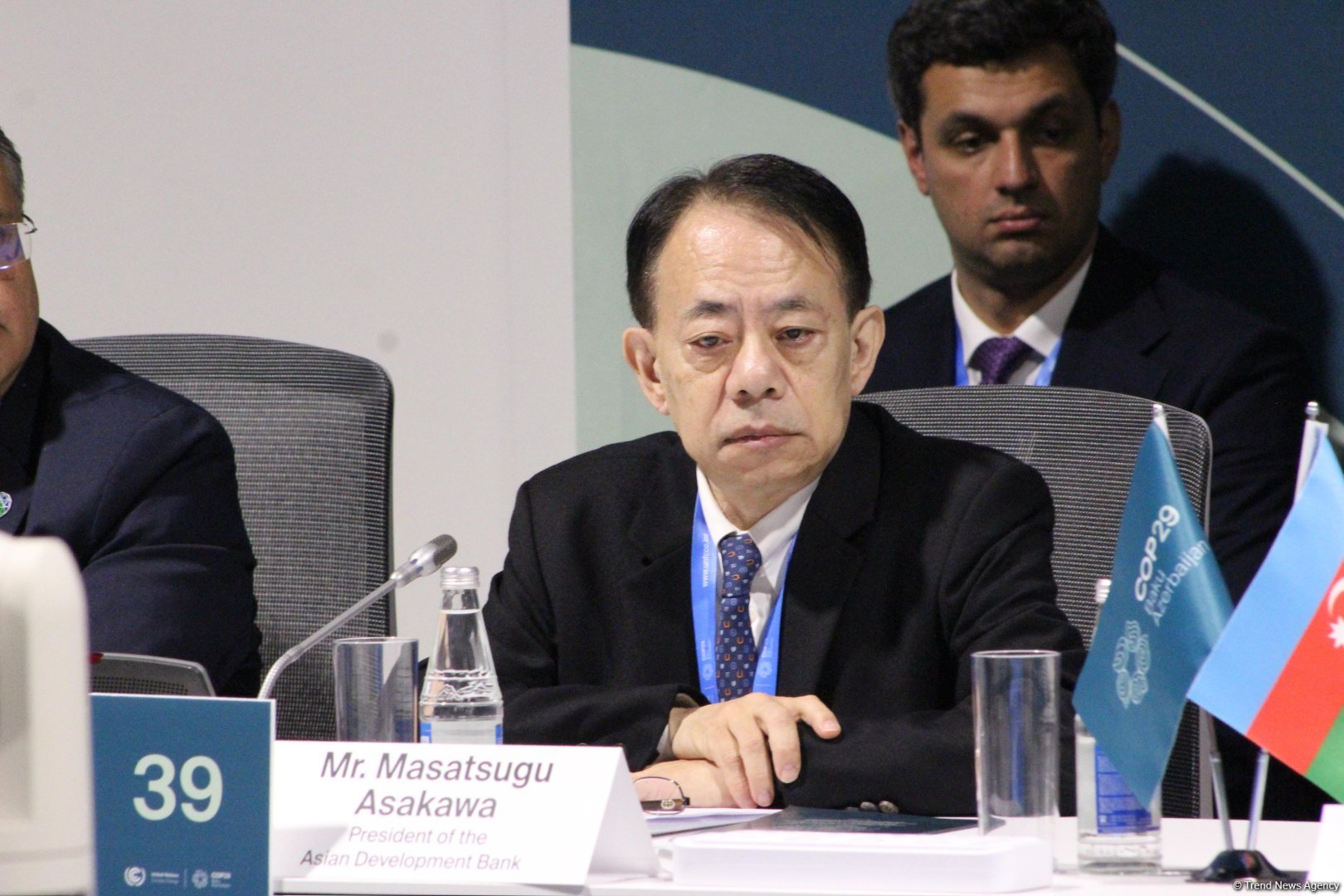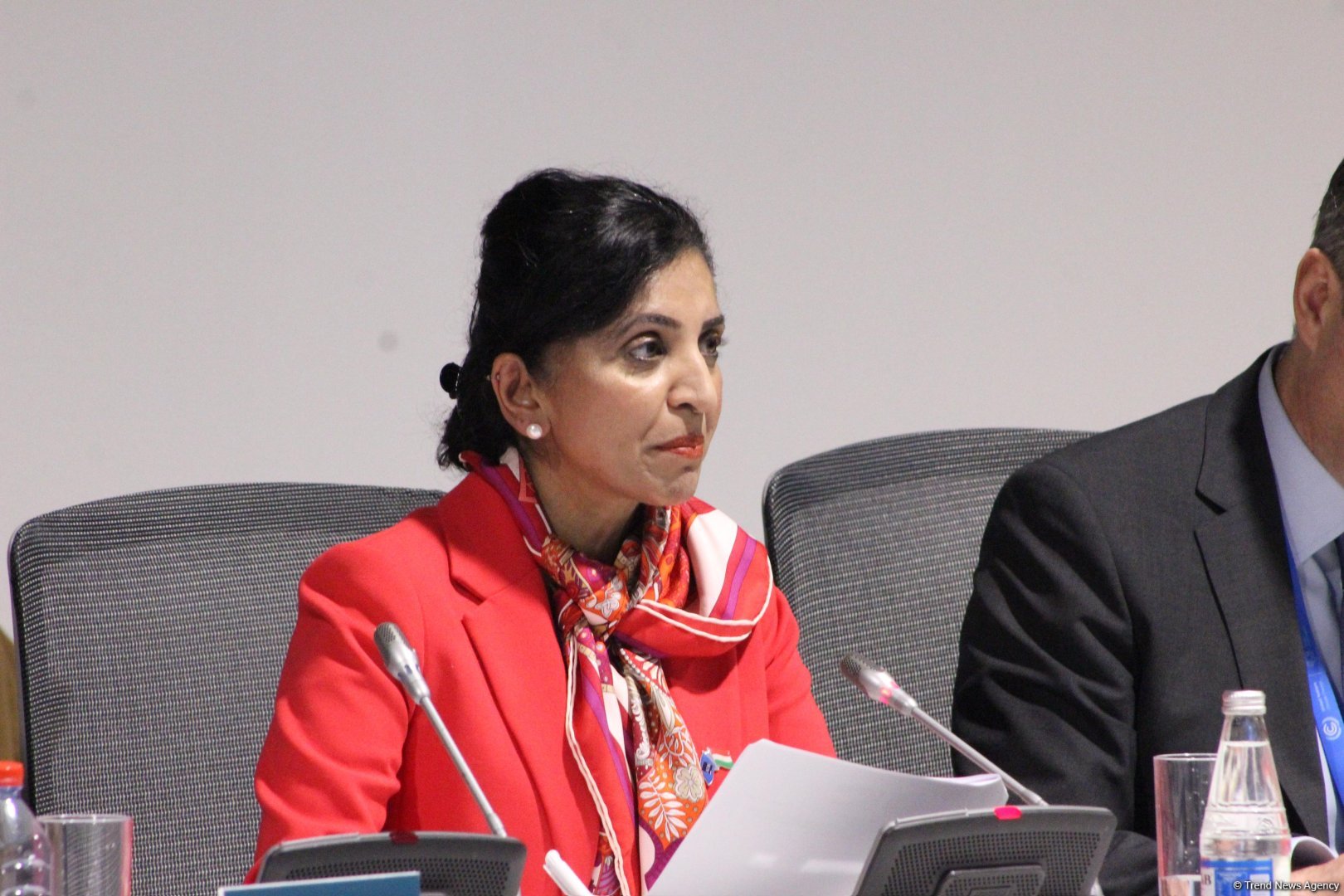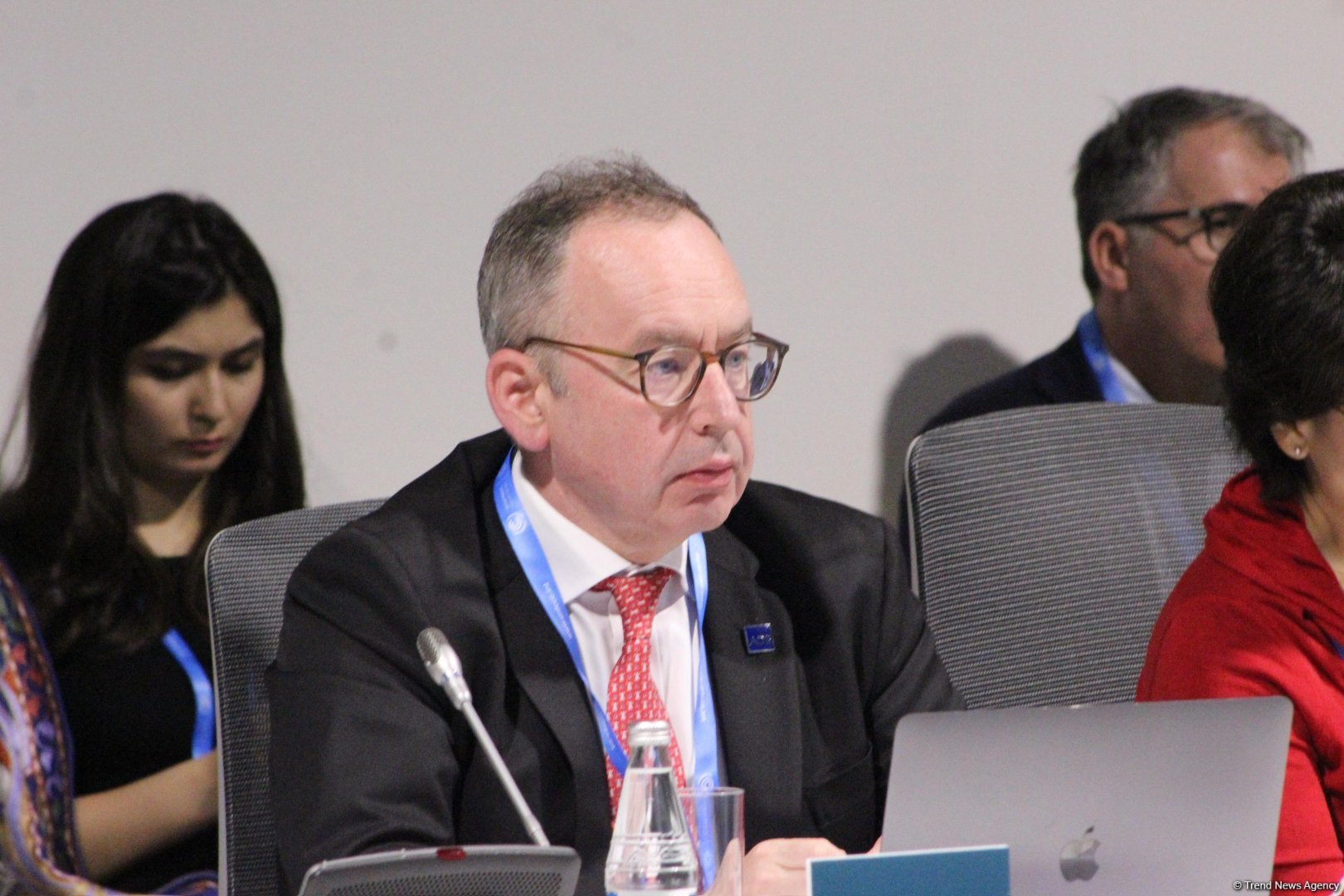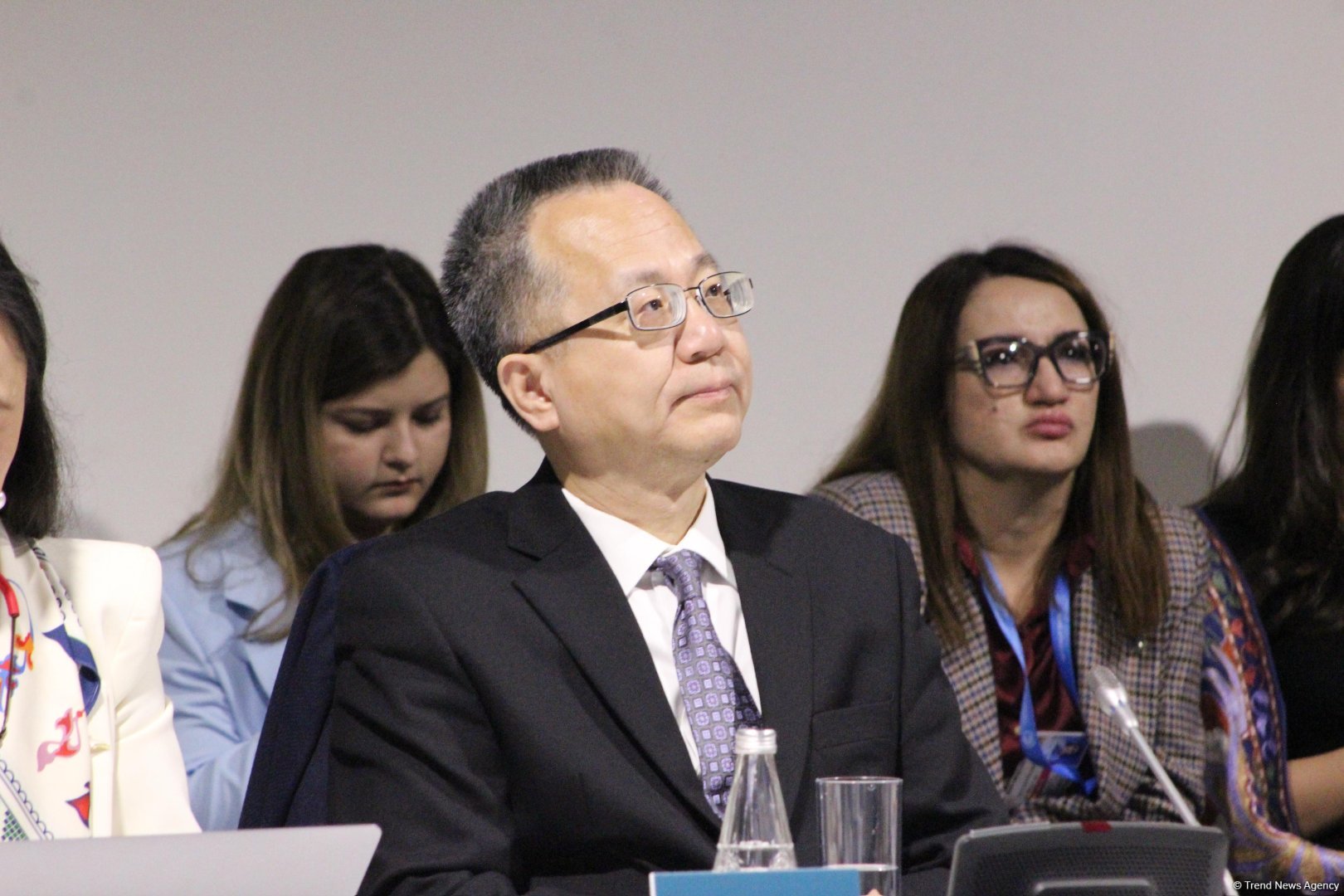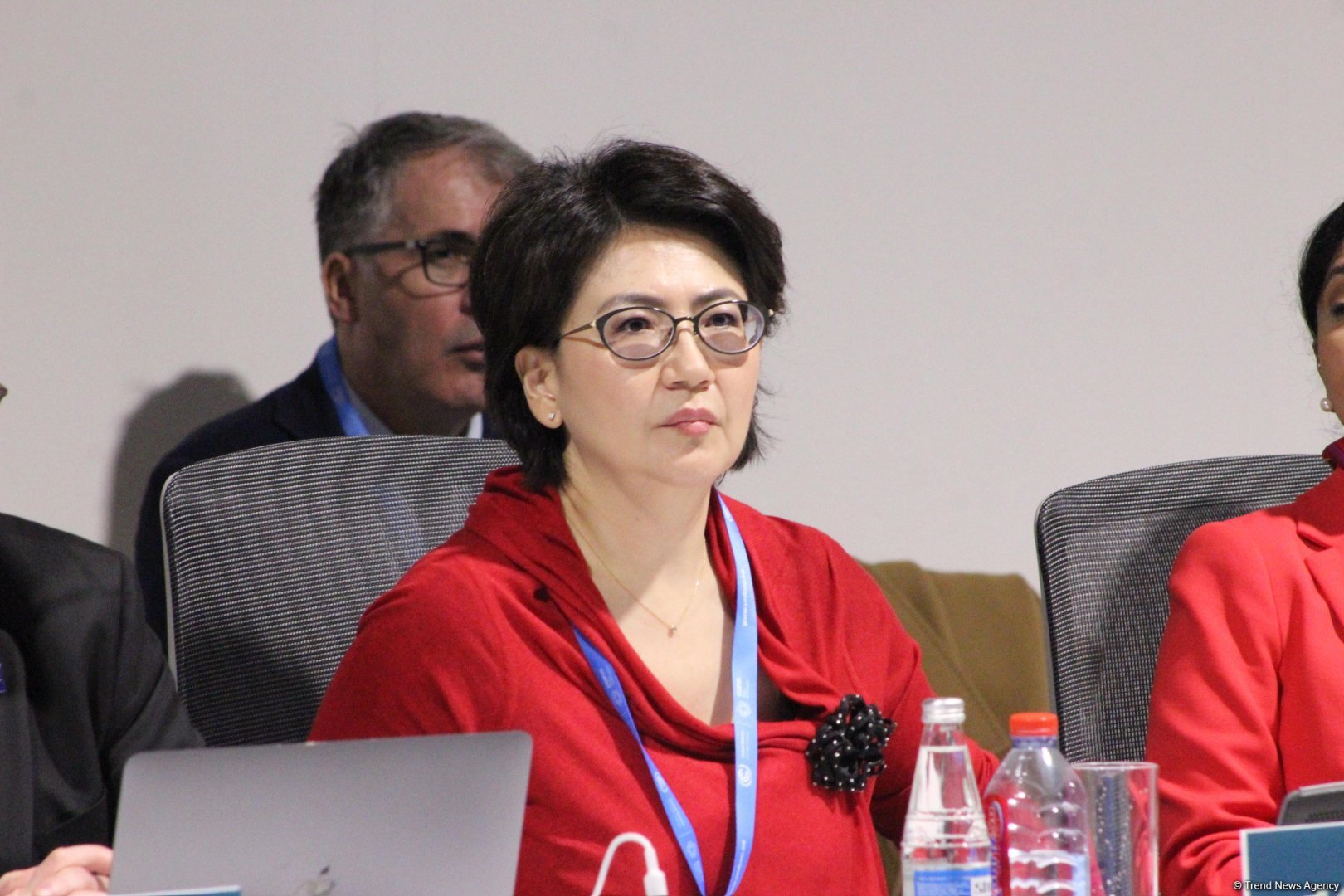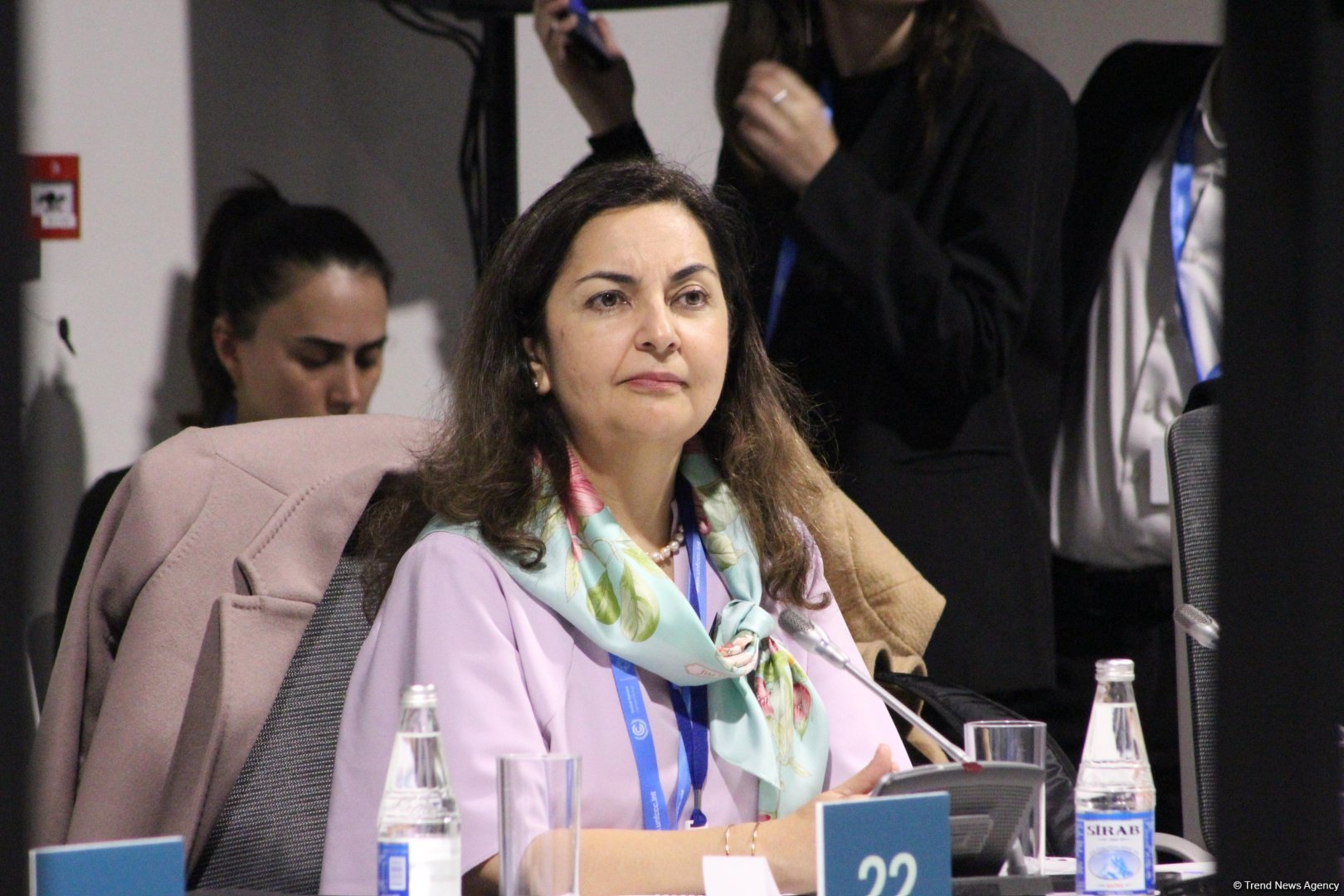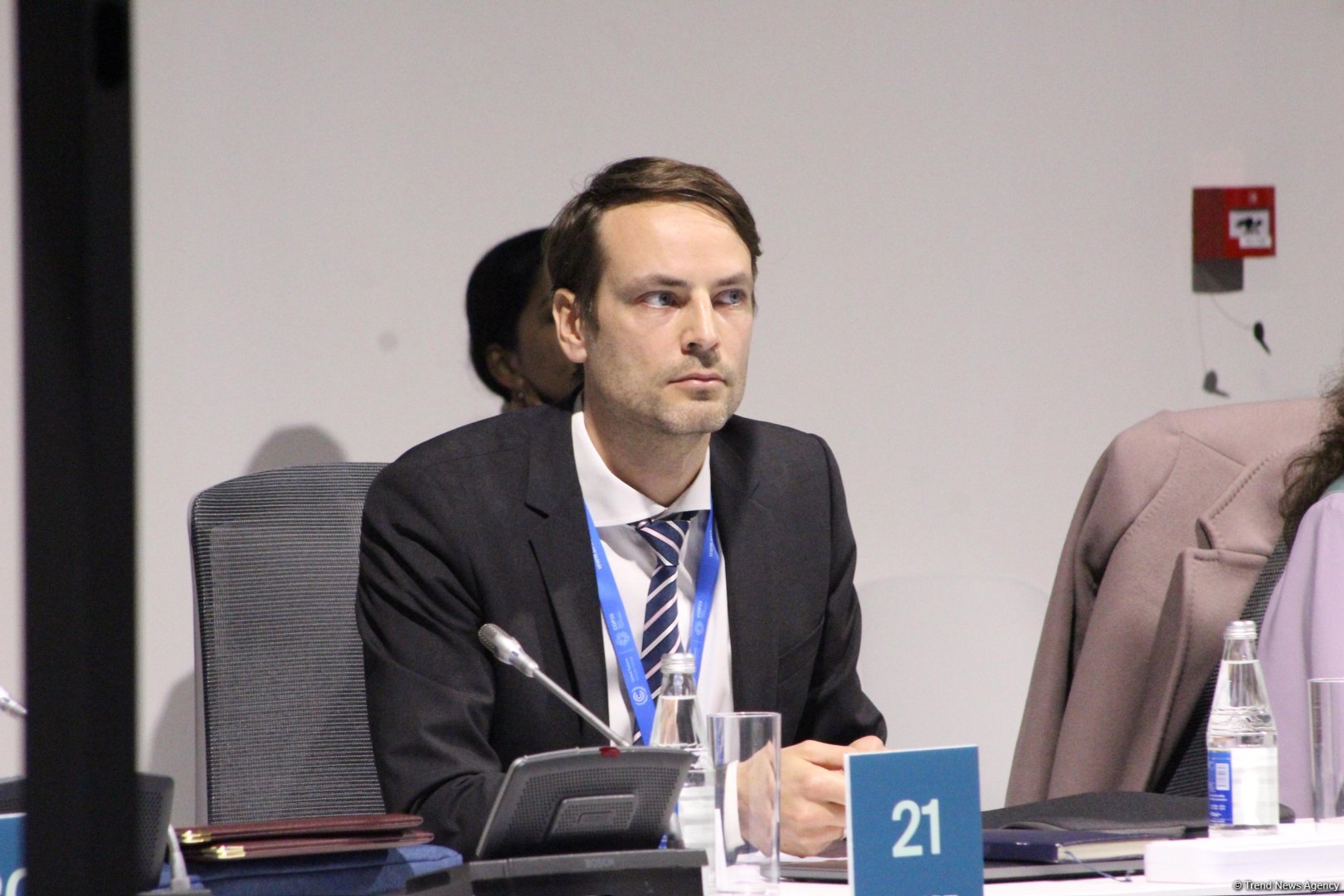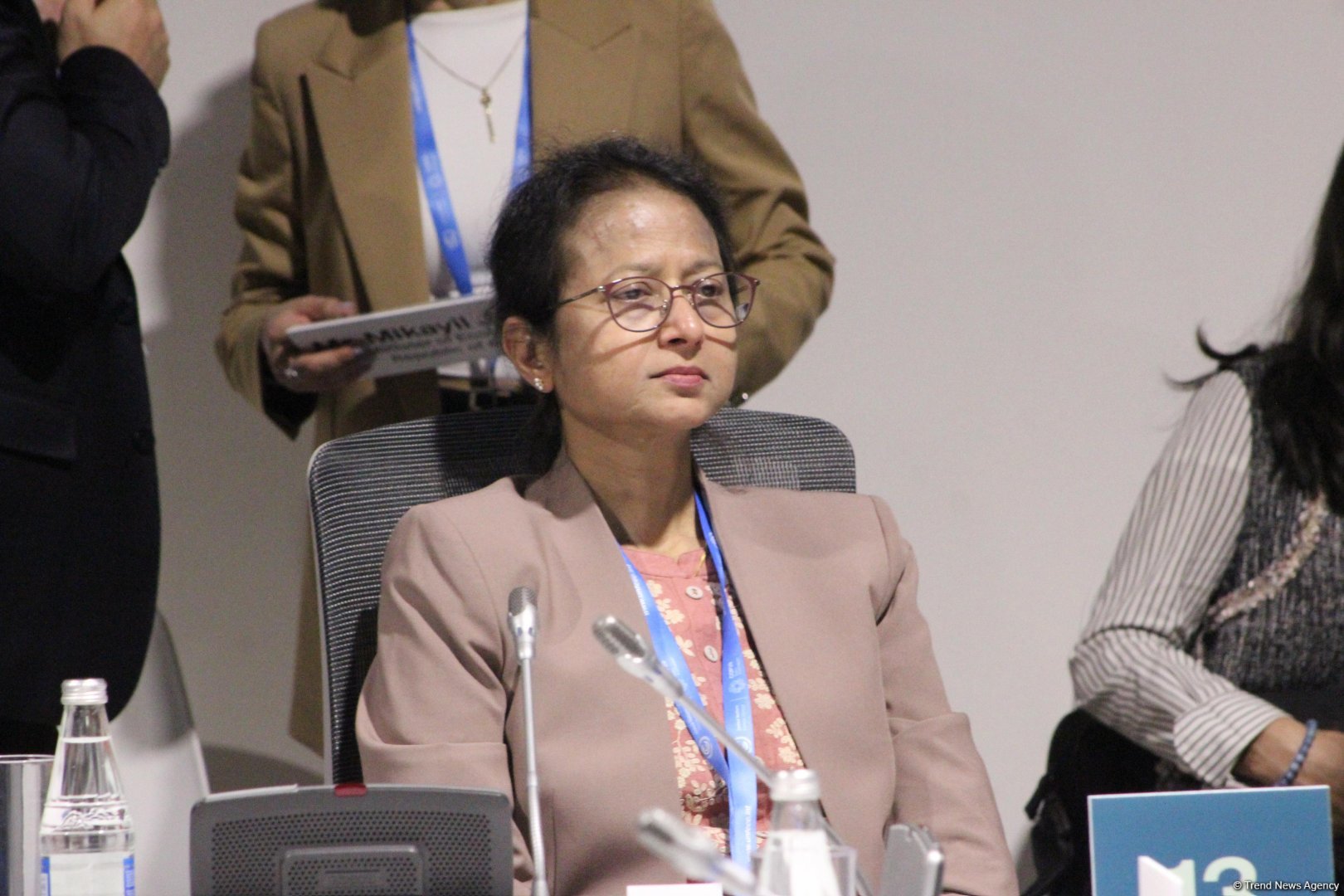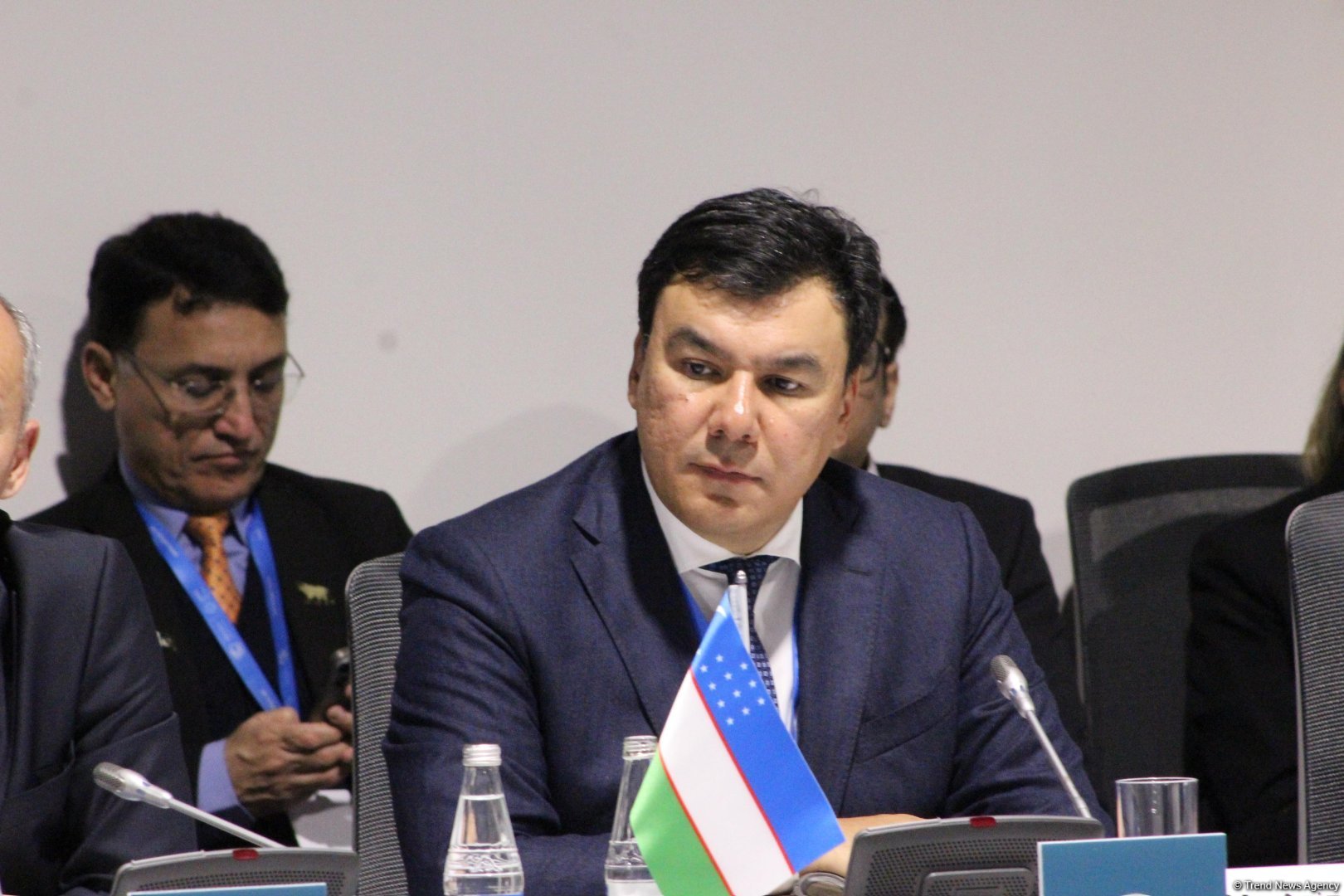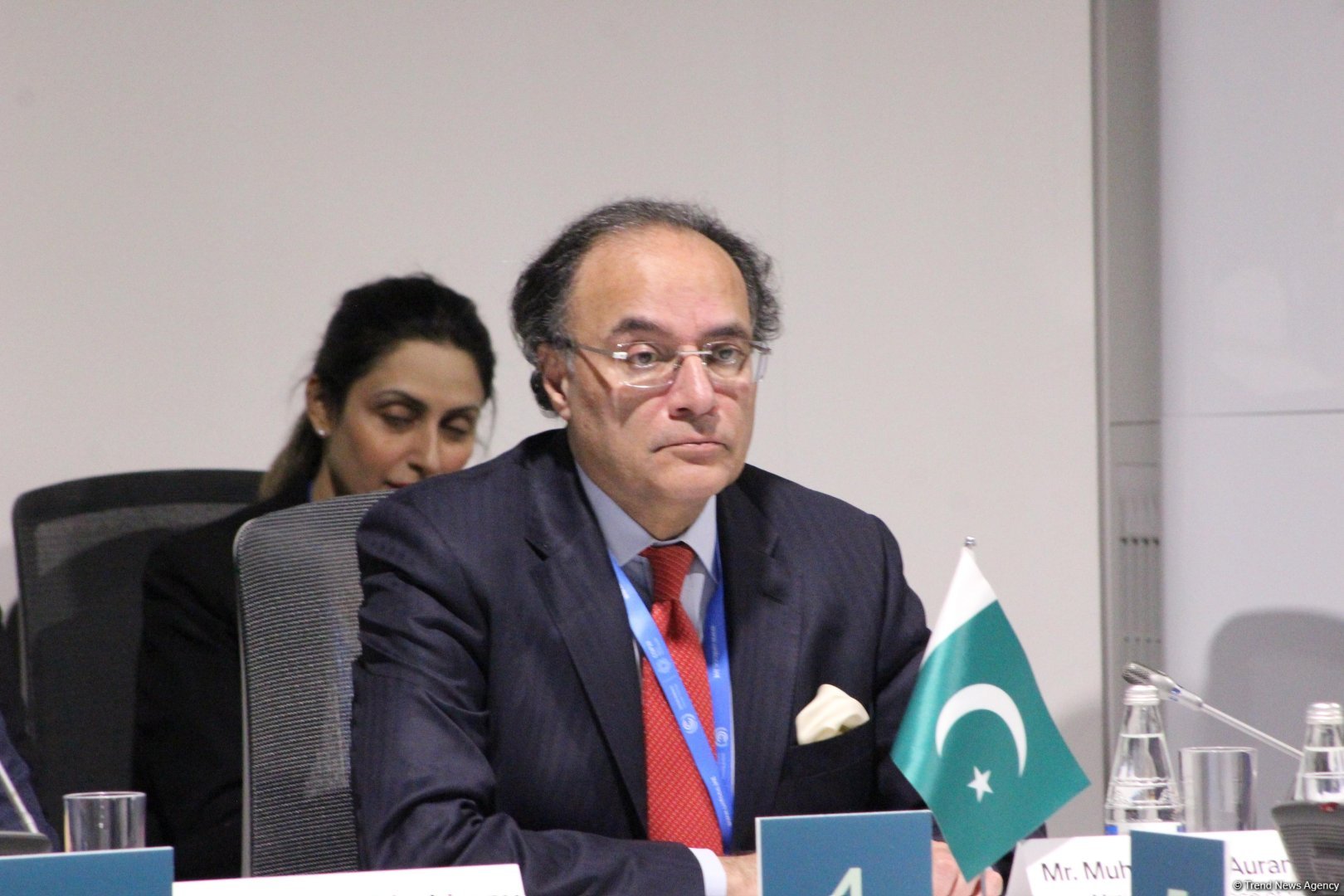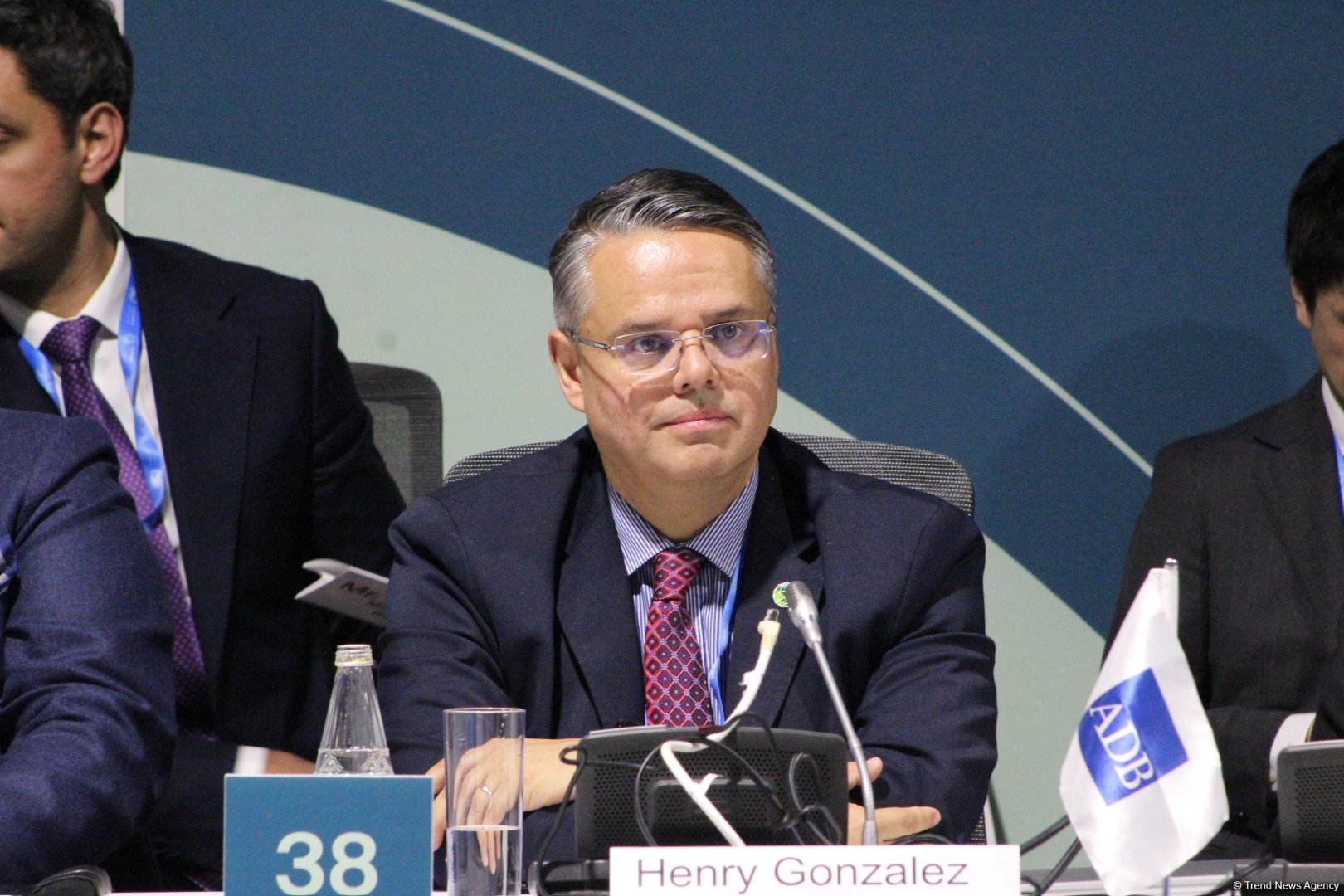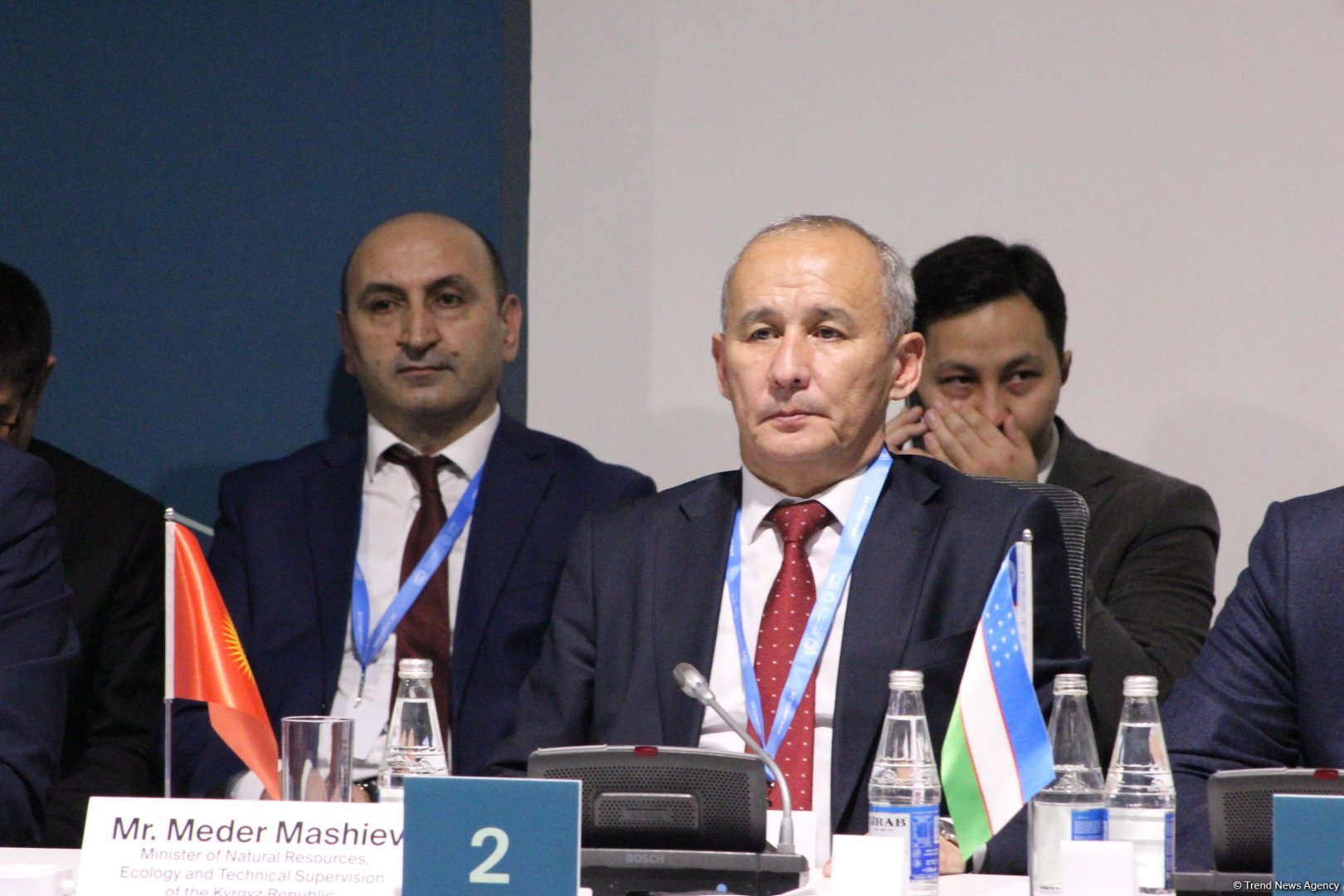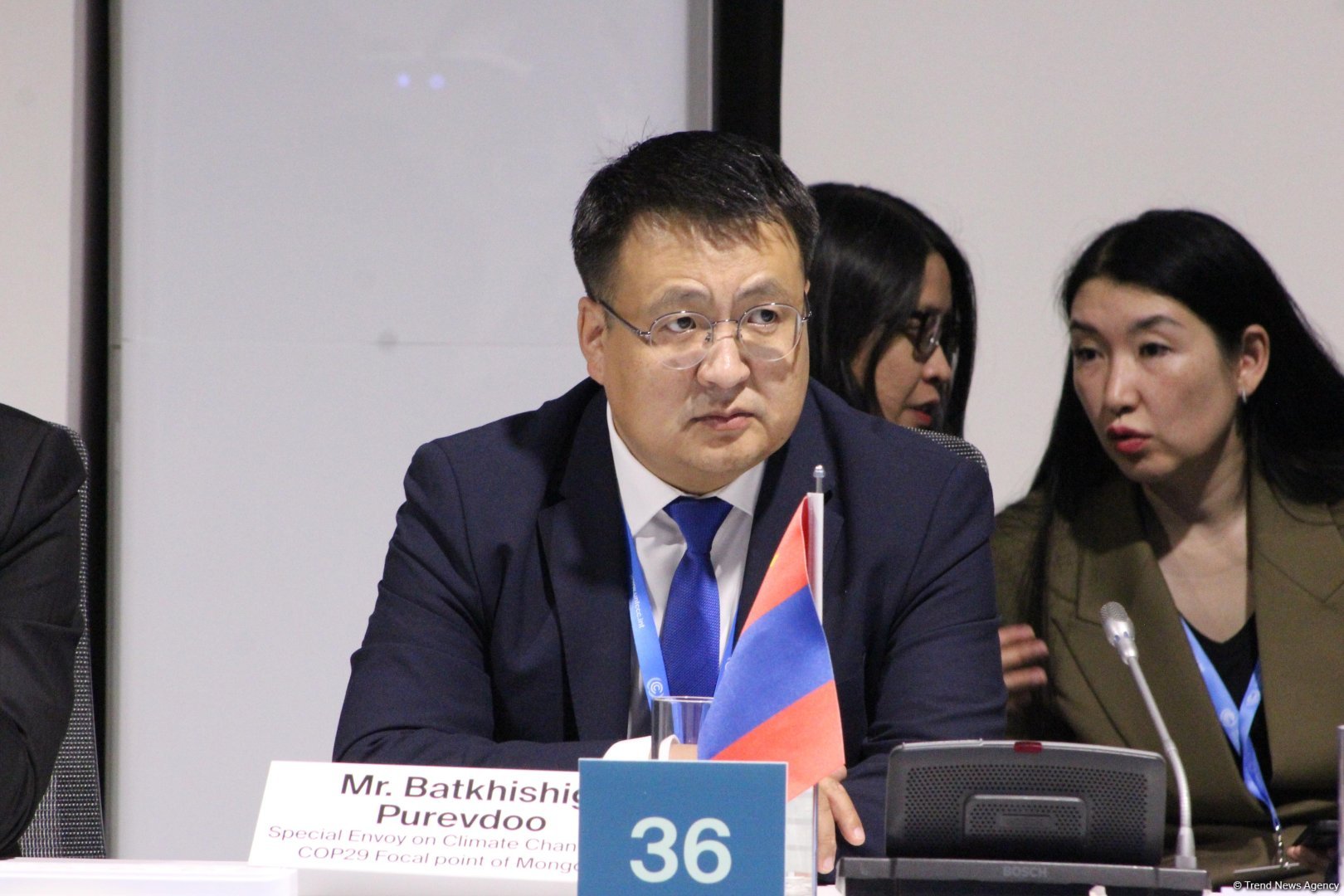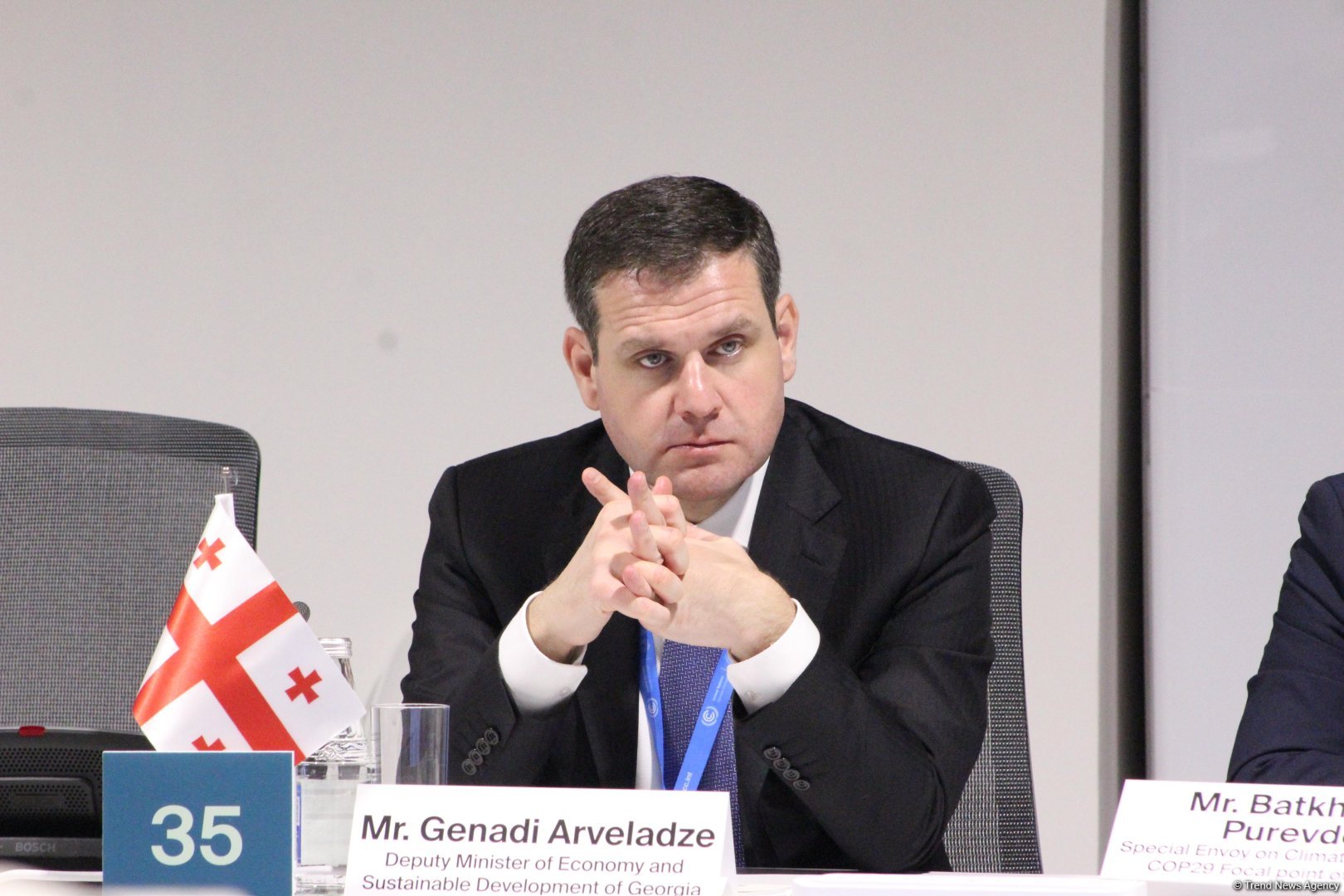BAKU, Azerbaijan, November 14. A panel discussion on the topic "Climate change and regional cooperation to prevent glacier melting in Central and Western Asia" is being held within COP29, in Baku, Azerbaijan, Trend reports.
In his speech, Asian Development Bank (ADB) President Masatsugu Asakawa announced that the ADB and the Green Climate Fund (GCF) would sign a partnership declaration focused on climate change, glaciers, and transboundary cooperation in Central and Western Asia.
"Today, we are taking an important step forward with the launch of the Glaciers to Farms (G2F) program. Through G2F, we will expand support for glacier preservation, sustainable water management, and social protection for vulnerable communities, mobilizing $3.5 billion over seven years to safeguard water resources and agriculture. This initiative will strengthen resilience and adaptation for people in Central and Western Asia who rely on glacier-fed rivers, directly benefiting millions while indirectly supporting hundreds of millions," Asakawa said.
Azerbaijan’s Minister of Ecology and Natural Resources and COP29 President Mukhtar Babayev also spoke at the event, reaffirming Azerbaijan’s commitment to glacier preservation and sustainable water management.
"I express my gratitude to our co-organizers, the Asian Development Bank and the Green Climate Fund, for bringing us together to address one of the most pressing issues of our time—the melting of glaciers and its wide-reaching consequences. This gathering reflects our shared determination to overcome climate vulnerabilities in the Caucasus and Central Asia," Babayev said.
He highlighted the growing risks faced by the region, which stretches from the glaciers of the Greater Caucasus to vast agricultural plains. The retreat of glaciers is rapidly depleting critical freshwater reserves, leading to water shortages, desertification, and reduced agricultural productivity, all of which severely impact livelihoods and ecosystems.
Pakistan’s Finance Minister Muhammad Aurangzeb also addressed the forum, warning that by 2040, Pakistan could face a severe water deficit.
Aurangzeb pointed out that this will have a profound impact on agriculture, which employs 24 percent of the country’s workforce and contributes nearly a quarter of GDP. The rapid melting of glaciers will also affect global and regional food security, as Pakistan is one of the world’s leading producers and exporters of rice.
"As a glacier-dependent country, Pakistan fully supports the Glaciers to Farms (G2F) initiative. Despite contributing less than 1 percent to global emissions, Pakistan is one of the most vulnerable countries to climate change. We recognize the need for innovative and sustainable solutions to protect our water resources and agriculture, as Pakistan is home to some of the largest glaciers in the world," the minister added.

